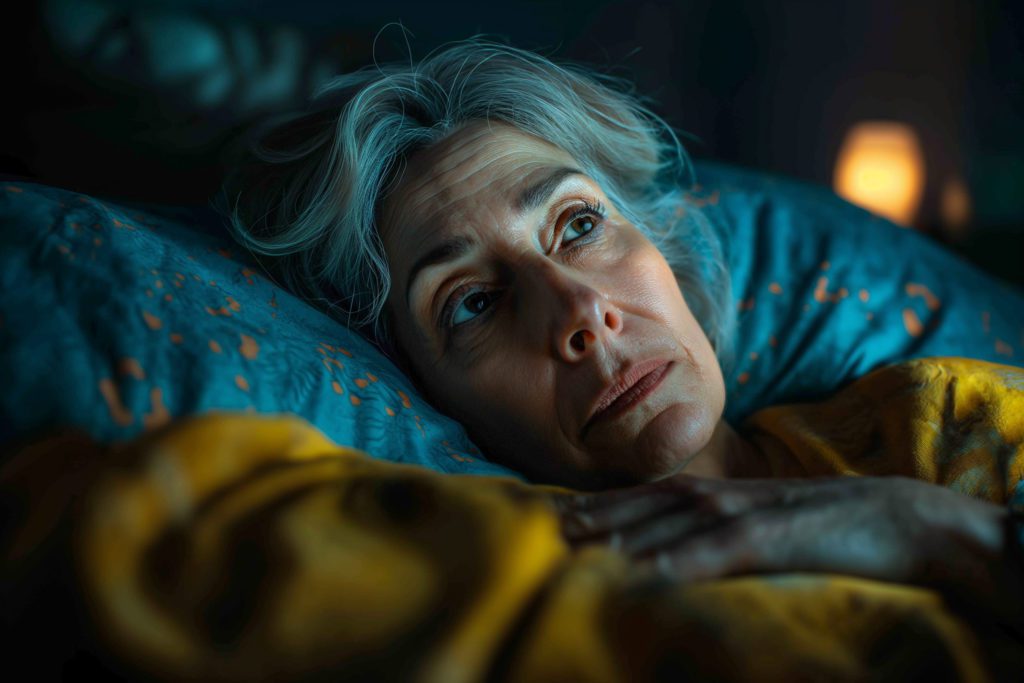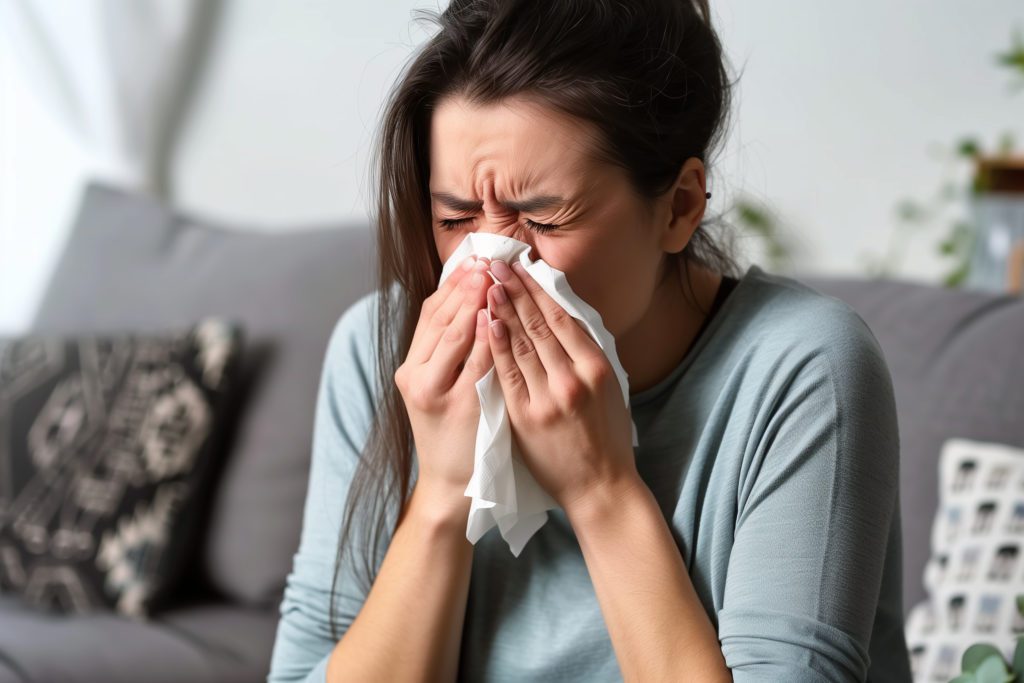
Why Can’t I Sleep for Longer Than 6 Hours?
Some people naturally need less sleep, but for many people, 6 hours of sleep is not enough. Explore possible causes for short sleep times.

Sleep recommendations generally say that adults should aim to get between 7 to 9 hours of sleep a night, but what if you can’t manage that, no matter how much you try?
While there is a condition called short sleep syndrome that makes it so the body requires less sleep, in most cases, the reason why you cannot sleep for a longer amount of time has to do with factors affecting your sleep hygiene. Once you address them, you’ll be able to get a full night of sleep.
What is Short Sleep Syndrome (SSS)?
Short sleep syndrome (SSS) is a condition that occurs when you give yourself plenty of time to sleep but cannot sleep any longer than 6 hours. The main difference between those with SSS and those without is that while those with SSS continually get fewer than six hours of sleep, they can still function normally and perform well at work and school. They don’t feel as though they need a nap during the day or like they need to do a weekend “catch-up.”
While the exact cause of SSS is unknown and poorly understood, genetics appear to play a role, so if your parents or siblings require less than 6 hours of sleep, you may be in the same boat.
Other Causes Of Short Sleep
While those with SSS sleep for fewer than 6 hours because that is all their body requires, most people need more sleep than this.
The easiest way to tell if you can get by on less sleep or not? Gauge how you feel during the day. If you feel like you crash in the afternoon and need a nap or want to spend your weekend catching up on sleep, you’re not getting enough sleep during the week. Even if you wake up without a smidge of sleepiness after only 6 hours of sleep, if you cannot make it through the entire day without getting tired, it’s a sign that you need more sleep, but something is keeping you from getting it.
Everything from your hormones to your bedroom environment may be affecting how much sleep you get at night, keeping you from the coveted 7-9 hours. Some of the culprits of short sleep include:
Stress
Stress can affect both the front and back end of your night.
An anxious mind can keep you awake as you think over the stressful thoughts consuming your mind, eating into the amount of sleep you can get.
At the other end of your night, if you’re stressed about your next day’s activities, you may wake up during the night, with research showing that stress can contribute to nighttime wakings. However, if you wake during the early morning hours because of stress and your mind immediately focuses on everything that you need to accomplish, you may be unable to fall back asleep. Even more, from the second you wake up, your body is flooded with more of the stress hormone cortisol, increasing your alertness and making you feel as though you’re ready to get up even when you’re sleep deprived.
In either scenario, stress can cause you to get too little sleep.
To help lower your stress, consider relaxation techniques such as deep breathing. Additionally, prepping for the next day before going to bed can help ease your worries in the morning.
Caffeine
Drinking caffeine too late in the day can keep you up longer than you’d like, disrupting your sleep. If you have a set wake-up time, this can equate to regular bouts of too little sleep.
Poor Sleep Environment
Have you considered how your sleeping environment affects your sleep? The key to a good night’s sleep is ensuring your bedroom is cool, dark, or quiet—if any of these features are not maintained during the night, you may find yourself waking up early.
For example, if your windows do not have curtains on them, they can allow in the morning sunlight. If you don’t go to bed until late at night but then wake up when the sun rises because the light infiltrates your room, you may get too little sleep.
Another possibility is that the noise of someone else getting ready in the morning wakes you early, rousing you from sleep and then keeping you awake, making you feel as though your body is naturally ready to wake up when, truly, it was awoken early.
To combat this, keep your bedroom dark, avoid lights from electronics, and use a fan or sound machine to drown out any outside noises.
Changing Hormone Levels
Female hormones can have a significant influence on sleep, and when their levels change, sleep disruptions can occur. This is especially prevalent as women near menopause, a time when their hormones see a significant shift that can cause hot flashes and night sweats. The rise in body temperature during the night can then cause the brain to think it’s time to wake up, resulting in too little sleep.
Additionally, progesterone levels can lower at this time. Since progesterone is a significant hormone for inducing sleepiness, thanks to its relaxing qualities, when progesterone levels dip, it can be harder for women to fall asleep.
Sleep Disorders
Various sleep disorders, including sleep apnea and restless legs syndrome, can cause you to wake up during the night. After a certain point, you may wake up and then stay awake, leading to less sleep.
If you suspect that you have a sleep disorder, discuss the testing and diagnosis process with your doctor.
Why You’re Not Sleeping Enough
If you consistently get six or fewer hours of sleep, it’s time to take a look at how you feel during the day. If you don’t feel your energy levels dramatically dip during the day to the point where you feel the need for a nap, you might just be someone with SSS and a naturally lower sleep need.
However, most people do not fit into the category, and even if you wake up energized after 6 hours of sleep, you may quickly crash during the day. Be sure to focus on your sleep hygiene and speak to a doctor if you have any concerns—sleep deprivation can significantly affect your health and well-being, so it’s important to remedy it quickly.

Written by
Jessica G
Medical writer freelancer who has written hundreds of articles on varying topics. Masters of Engineering degree in Biomedical Engineering.
Download Pillow
Get help
Press & News
Legal
Connect
X (Twitter)
Company
Copyright © Neybox Digital Ltd.



